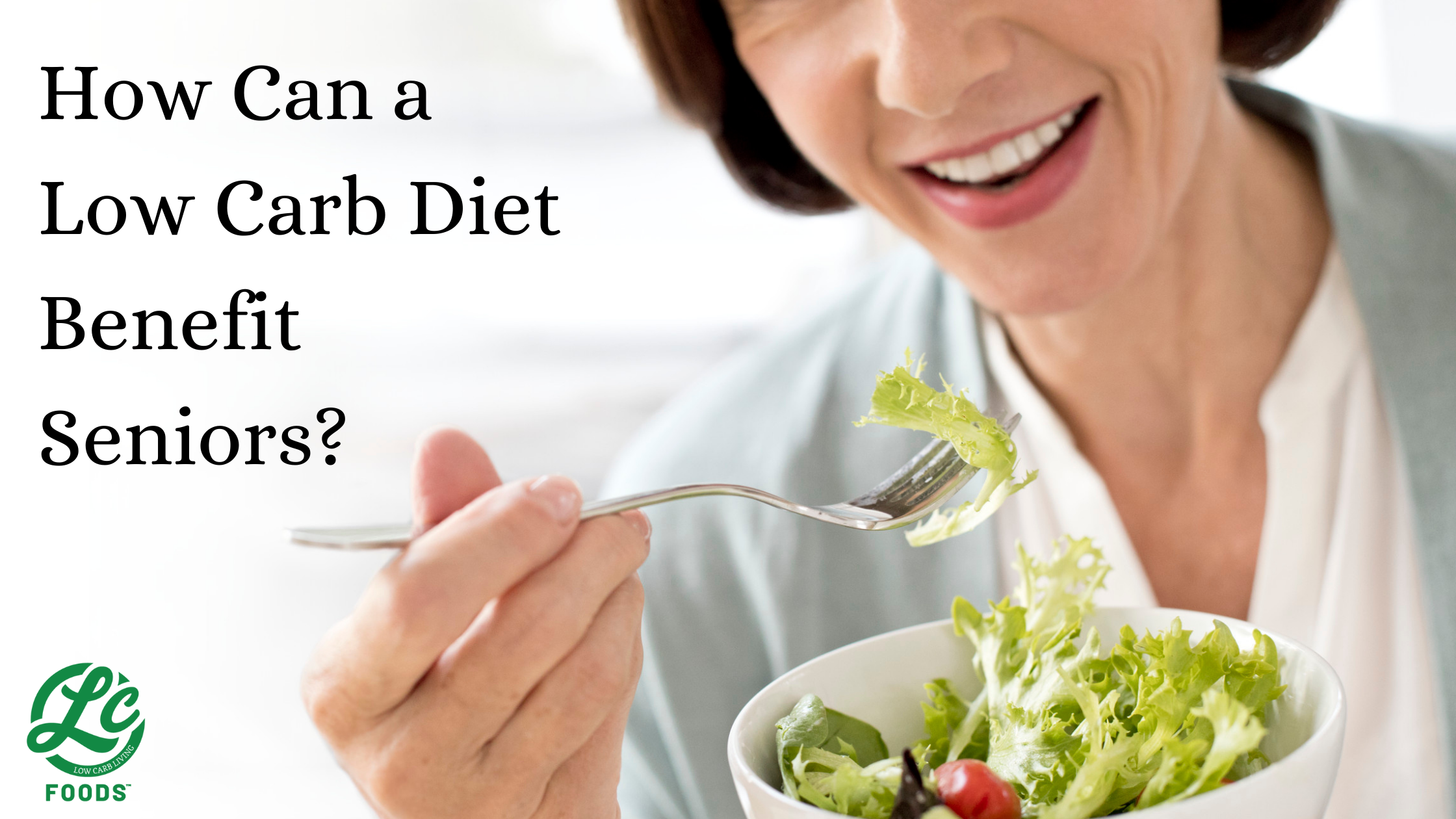
Nearly 40% of Americans aged 51 and over are overweight, reports Georgetown University. This can raise their risk for a plethora of diseases—including heart disease, Type 2 diabetes, and some types of cancer. Weight reduction via exercise and nutrition is therefore a key aim for many but the question remains—what type of nutritional regime should seniors opt for? The Mediterranean diet is one regimen that is linked to good heart health but another option is that of low-carbohydrate diets like Keto or Paleo. Recent scientific research indicates that low-carb plans may actually be a healthful option for seniors. Moreover, there is a bevy of options for main meals and snacks alike that make this way of eating relatively easy to follow.
The Effect of Low-Carb Diets on Seniors
A 2020 study by University of Alabama at Birmingham researchers found that older adults who went on an eight-week “very low-carbohydrate diet” enjoyed notable improvements in body composition, fat distribution, and metabolic health. When compared to another group of seniors who went on a control diet, the low-carb group lost more weight and total fat mass. The scientists stated that eggs can be incorporated into seniors’ diets in a healthful way without causing their blood cholesterol levels to skyrocket. They additionally found improvements in insulin sensitivity, which reflects a reduced risk of Type 2 diabetes.
Is Cost a Barrier?
Undernourishment among the elderly is a big problem in the US, where nearly one in every six seniors faces the threat of not being well nourished. In fact, the AARP reports that seniors encounter a total healthcare bill of over $130 billion due to medical issues stemming from hunger. The issue is more prevalent in some parts of the country than others, with the main threats including living alone, being over 70 years old in age, and having a high school degree alone (or no high school degree). This issue raises the question of whether seniors can afford or access low-carb meals, since meat, for instance, is more expensive than plant-based diets.
An Affordable Way to Stay Healthy
The good news for seniors wishing to go low-carb is that their food bills do not have to increase because of the switch. They can choose from a plethora of plant-based meals that are low-carb, satisfying, and delicious, and consume fish on a daily basis. Clinical dieticians recommend consuming meat rarely—around once or twice a month, in fact, and indeed, many espouse the benefits of a vegetarian or vegan diet. Just a few low-priced, low-carb foods seniors can enjoy regularly include greens (cabbage, frozen spinach, kale), spiralized vegetables like zucchini and carrots (instead of starchy, carb-rich pasta), cauliflower rice, stews and soups with fish, and more. Because the low-carb community is so strong, seniors can also find a host of tasty, quick-to-prepare recipes online.
Almost 40% of people in the US are overweight. Low carb diets can help them slim down while also providing them with delicious meals that are easy to prepare. Although many seniors may have a limited budget to spend on food, a low carb diet may actually save them money in the long run, especially if they opt for mainly plant-based foods and fish more often instead of meat.
Submitted by Ali Hull
